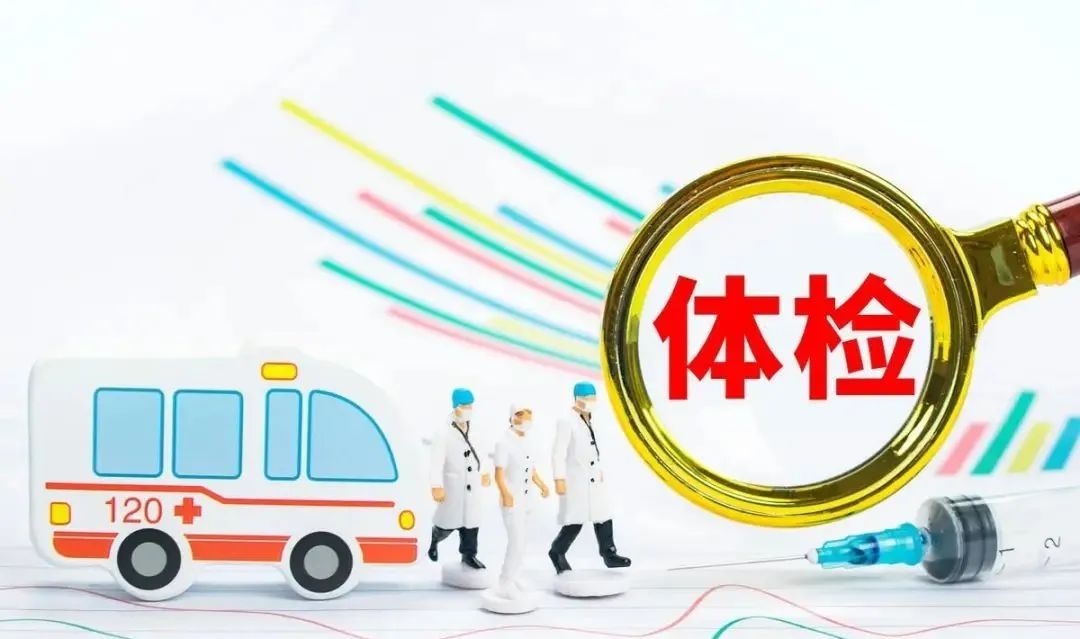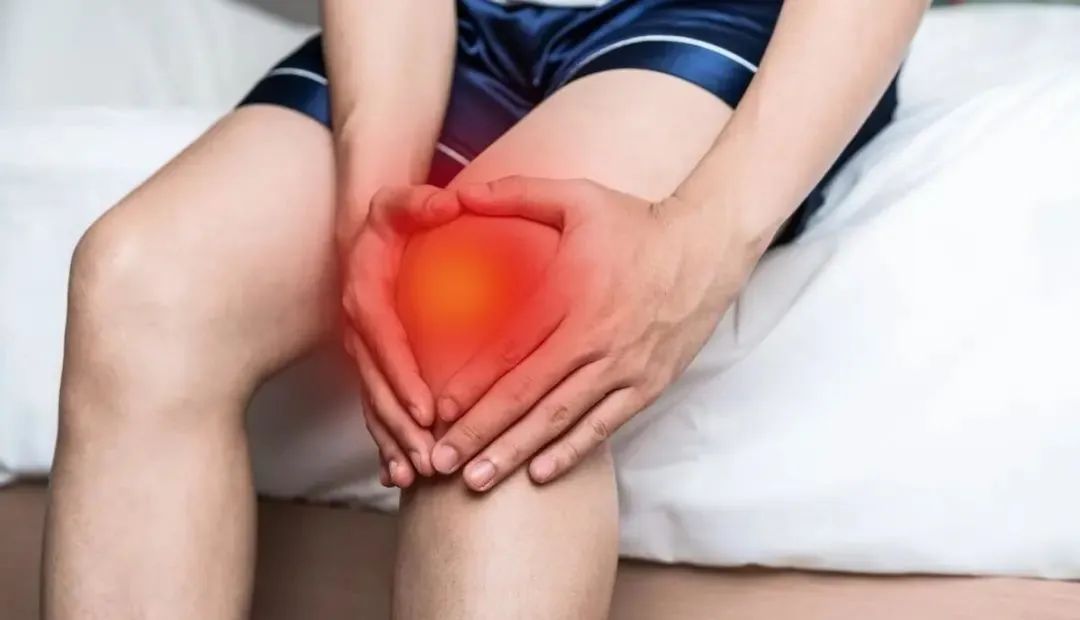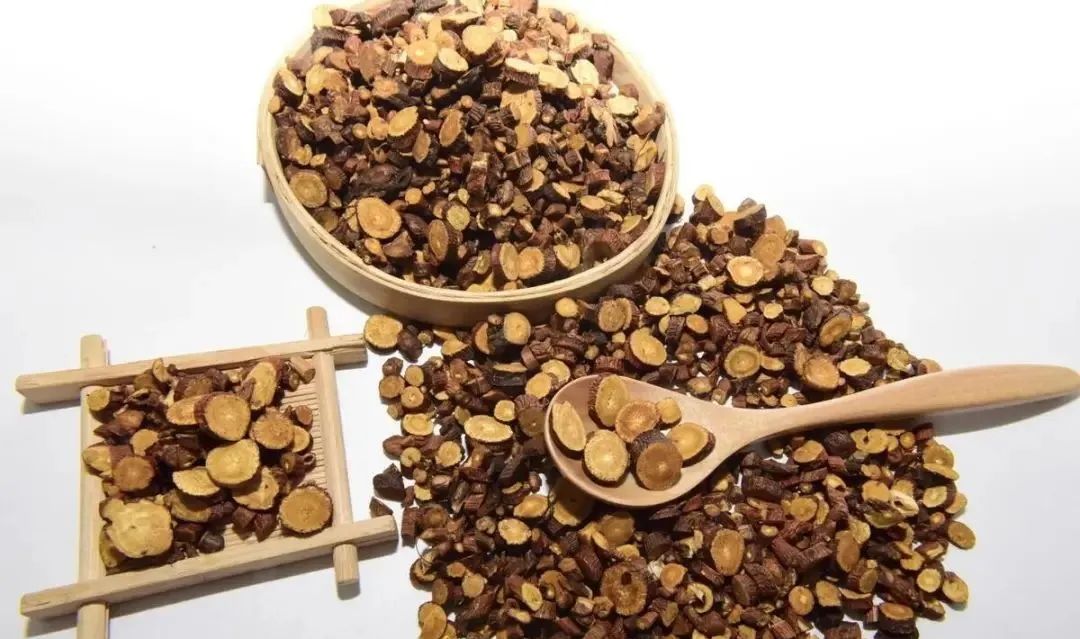Recently, Ms. Li has been feeling very down. Why is that?
Due to work-related stress, she has been quite anxious lately, and on top of that, she has been having trouble sleeping at night. Her abdomen feels constantly bloated, and she has no appetite. During a recent health check-up, she even discovered a nodule issue, which has made her even more anxious.
Feeling helpless, Ms. Li decided she could not continue like this and promptly went to the hospital for a consultation.
After a thorough diagnosis, the TCM practitioner informed her that her condition was due to phlegm-dampness caused by spleen deficiency.

So, what exactly is going on?
In TCM, phlegm-dampness is formed due to a disruption in the body’s water metabolism, which is primarily governed by the spleen and stomach. When there are issues with the spleen and stomach, phlegm-dampness naturally arises, leading to a series of adverse consequences.
Once phlegm-dampness forms in the body, it can have varying degrees of impact. If the phlegm-dampness is mild and remains hidden for a long time, it can adversely affect physiological functions, gradually leading to a specific bodily condition known as phlegm-damp constitution.
If the phlegm-dampness is severe, it can lead to phlegm-damp syndrome, especially when stimulated by internal or external factors, presenting as a pathological state.
Phlegm-damp syndrome refers to the condition caused by spleen deficiency leading to improper distribution of fluids, resulting in dampness stagnating internally and eventually forming phlegm, which manifests as a series of clinical symptoms.

What factors can lead to phlegm-dampness?
Various reasons can cause phlegm-damp syndrome, including external factors such as living in a humid environment, wading through water, getting caught in the rain, or being exposed to external dampness. Internal factors include dysfunction in the lungs, spleen, kidneys, triple warmer, and bladder, leading to fluid stagnation and dampness accumulation in the body.
Modern individuals often consume excessive rich and fatty foods, as well as cold and frozen items, which can damage the yang energy of the middle burner and lead to internal dampness.
Children with congenital deficiencies and weak constitutions may have poor spleen and stomach function, leading to ineffective fluid metabolism and internal phlegm-dampness.
In contemporary society, negative emotions such as worry and depression can accumulate over time, harming the spleen and resulting in phlegm-dampness accumulation.

What adverse consequences can phlegm-dampness lead to?
Clinically, phlegm-dampness can easily combine with other pathogenic factors, leading to complex and variable conditions. Phlegm-dampness stagnating in the heart can cause symptoms such as phlegm obstructing the mind, phlegm-blood stasis blocking the vessels, and phlegm-heat disturbing the spirit.
Phlegm-dampness invading the lung can lead to symptoms like phlegm-heat obstructing the lungs, wind-phlegm attacking the lungs, phlegm-qi obstruction, and fluid retention in the chest and ribs.
Phlegm-dampness affecting the spleen and stomach can cause symptoms like dampness obstructing the spleen, cold-dampness blocking the middle burner, and internal damp-heat accumulation.
Phlegm-dampness stagnating in the liver and gallbladder can present as liver channel damp-heat and phlegm disturbing the gallbladder.
Phlegm-dampness affecting the kidneys and bladder can lead to symptoms of kidney deficiency with damp accumulation and bladder damp-heat.
Phlegm-dampness stagnating in the skin can manifest as eczema, skin lesions, cold-damp joint pain, damp-heat joint swelling and pain, and wind-cold-damp joint pain.

Phlegm-dampness can flow through the meridians and muscles, causing symptoms like numbness in the limbs, difficulty in flexing and extending, hemiplegia, or yin abscesses.
In women, phlegm-dampness can lead to symptoms such as obesity, menstrual irregularities, leukorrhea, and infertility.
Chronic phlegm accumulation can present as phlegm nodules, scrofula, goiter, and persistent phlegm.
Phlegm-fluid disturbing the clear yang can lead to symptoms like dizziness, fatigue, excessive sleepiness, lightheadedness, and hair loss.
Due to the sticky and tenacious nature of dampness, it is often difficult to treat clinically. We adhere to the theory that “the spleen is the source of phlegm production”; phlegm-dampness is the manifestation, while spleen deficiency is the root cause. “Good practitioners treat the source of phlegm production”. By using warming and strengthening the spleen methods, we have achieved good clinical results in treating phlegm-dampness syndrome.

Let me share an example.
A 48-year-old female patient presented with a sensation of a foreign body in the throat for several years, accompanied by depression and anxiety. The sensation worsened with emotional fluctuations. She generally felt low in spirits, was reluctant to speak or move, felt wronged and sad easily, and preferred solitude, avoiding social interactions.
She also experienced abdominal bloating, poor appetite, and constipation. Her sleep was poor, and she easily woke up. Her tongue was pale and swollen, and her pulse was wiry and floating.
Western medicine diagnosed her with chronic pharyngitis due to depression and anxiety.
In TCM, the diagnosis was spleen deficiency with phlegm stagnation and failure of clear yang to rise.

Based on this situation, I prescribed a formula: Dang Shen (Codonopsis), Sheng Bai Zhu (Fresh Atractylodes), Gan Jiang (Dried Ginger), Qing Ban Xia (Pinellia), Shi Chang Pu (Acorus), Yu Jin (Curcuma), Chao Jiang Can (Stir-fried Silkworm), Jie Geng (Platycodon), Chan Tui (Cicada Slough), Sha Ren (Amomum), Zhi Gan Cao (Honey-fried Licorice), to be decocted for 7 doses, one dose per day.
After treatment, the patient’s sensation of a foreign body in the throat, abdominal bloating, poor appetite, and constipation significantly improved, sleep quality improved, and feelings of being wronged also alleviated, although she still preferred solitude and was reluctant to interact with others.
Later, I combined this with the method of tonifying the middle and benefiting qi to elevate and clear yang, which significantly brightened her mood.
In TCM, depression and anxiety fall under the category of stagnation syndrome, and soothing the liver and regulating qi is a common treatment method.

Contemporary practitioners generally believe that the initial changes in this condition are primarily due to qi stagnation, which is further disturbed by the six excesses of wind, cold, summer heat, dampness, dryness, and fire, leading to symptoms of qi stagnation, damp stagnation, phlegm accumulation, and blood stasis, which are mostly excess conditions.
Over time, it can easily shift from excess to deficiency, subsequently affecting the functions of the organs and depleting the balance of qi, blood, yin, and yang in the body, leading to various imbalances in the liver, spleen, heart, and kidneys.
In this case, the patient’s pulse and symptoms were indicative of spleen deficiency. When the spleen is deficient, phlegm stagnation prevents clear yang from rising, and emotions cannot be expressed freely, leading to depression and low spirits.
In today’s urban life, increased work pressure, coupled with irregular eating habits and disrupted routines, can damage the spleen and stomach, resulting in many patients with phlegm-dampness.
Therefore, it is essential to pay attention to nurturing our bodies in daily life. If you experience discomfort, please seek medical attention promptly.

